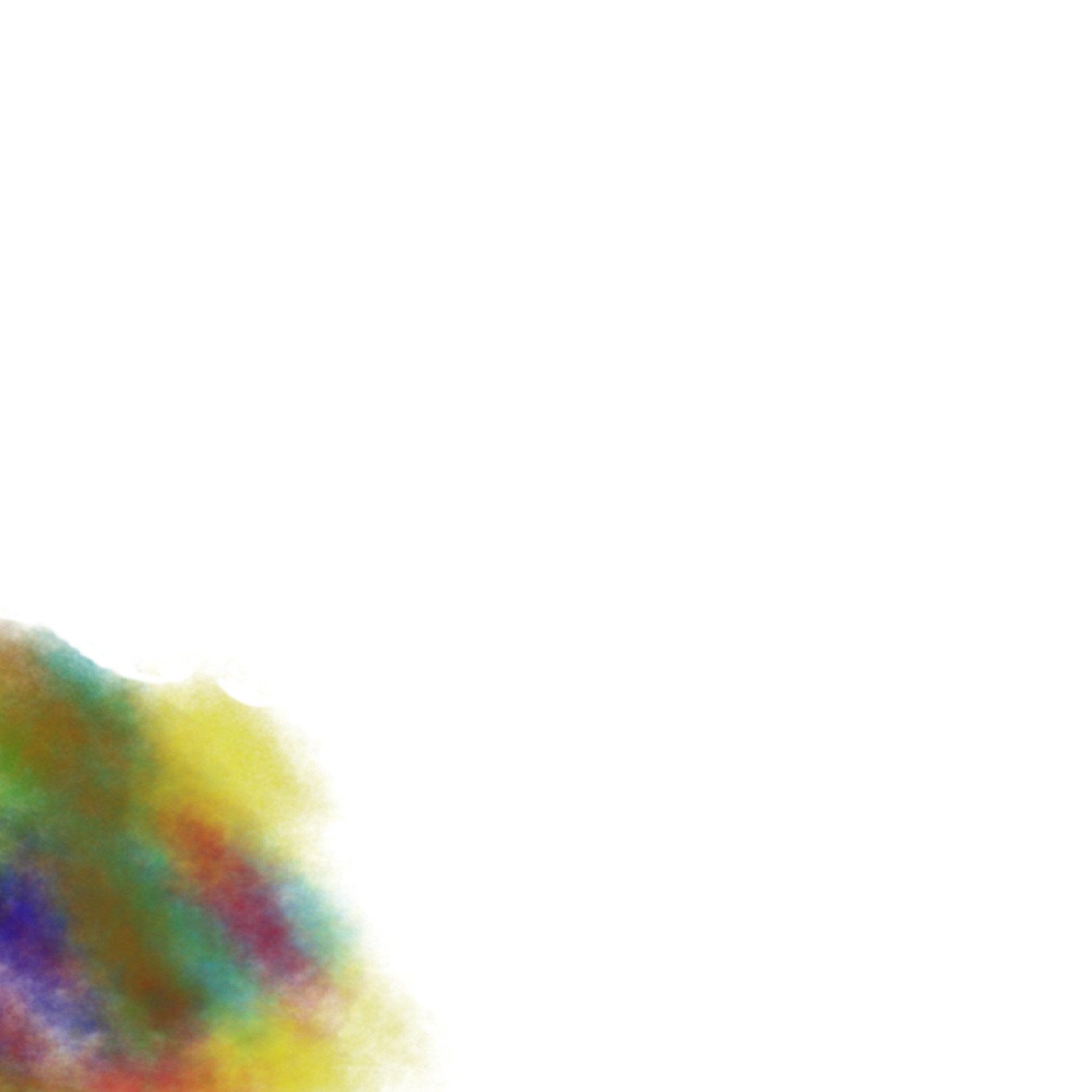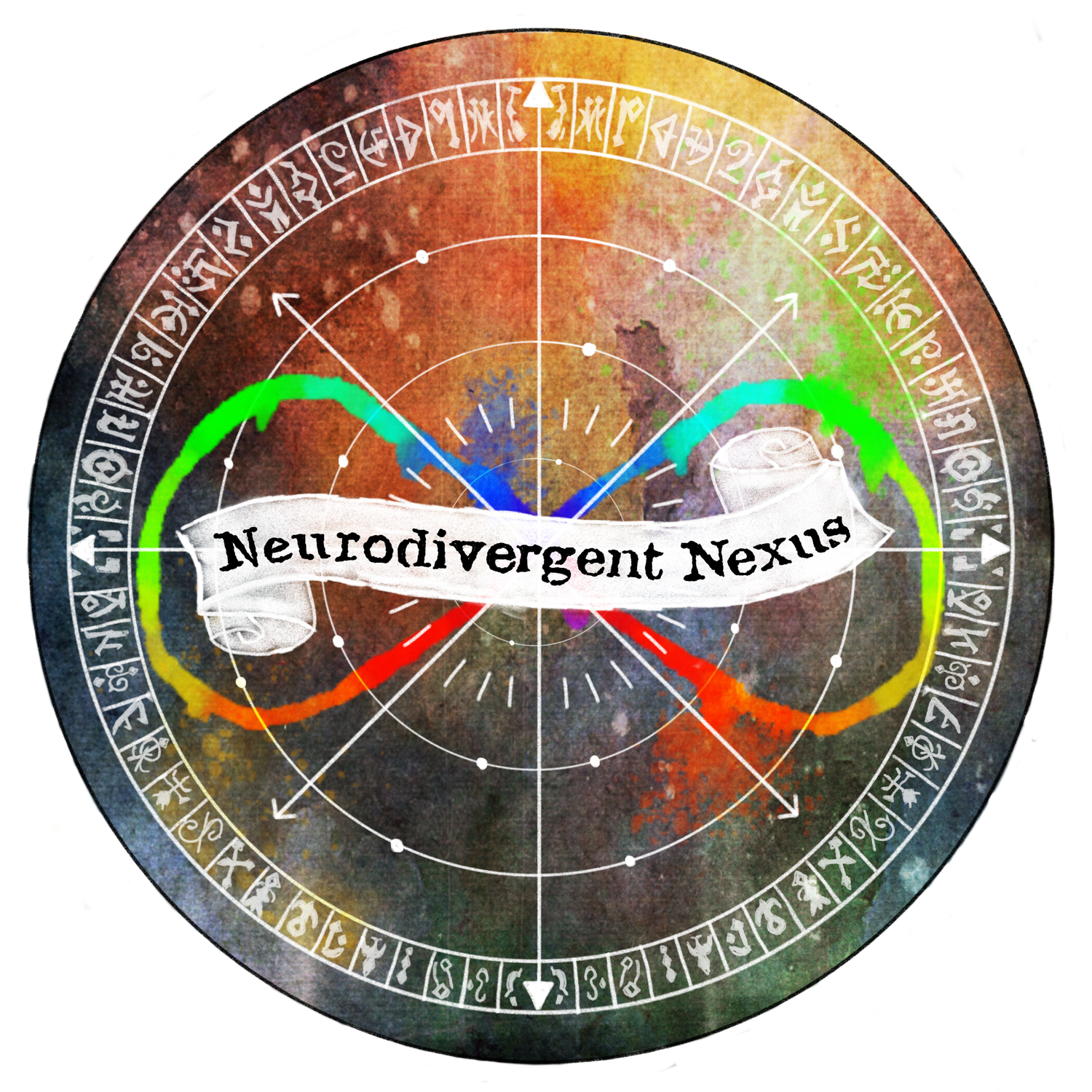
The original conceptions of occupation were not developed with neurodivergent and disabled individuals, requiring a paradigm shift for how we support neurodivergent occupational participation. There are no current frameworks of occupation prioritizing authentic, neurodivergent well-being, resulting in the first neurodiversity-focused occupational therapy model.

The Empowering Neurodivergent Occupational Participation & Well-being (EMPOWER) Model
*Updated 2024
The model was inspired by common themes found within disability advocate and neurodiversity-affirming literature.
The underlying frameworks include:
Strengths-based approaches (de Schipper et al., 2016; Dunn, 2017; Huntley et al., 2019; Marnell, 2023; Murthi et al., 2023; Patten, 2022)
Trauma-informed care (Rumball, 2022; TNC, 2022b)
Anti-racist approaches (ASAN, n.d.; Aylward et al., 2021; Brown, n.d.; Doyle, 2020; Lewis et al., 2023; Onaiwu, 2020; Pooley, 2020)
Disability justice (Greenberg et al., 2023; Sins Invalid, 2019; Yao et al., 2022)
The cycle incorporates the following steps:
Reflection on ableism (Bottema-Beutel et al., 2021; Mahipaul, 2022; Marnell, 2023; Patten, 2023; Pellicano & den Houting, 2022)
Inclusive evaluations (Dorsey et al., 2022; Harvey, n.d.; Law et al., 2017; Marnell, 2023; Proctor et al., 2020; Roberts, 2023)
Affirming service delivery (ASAN, n.d.; Harvey, n.d.; Holler et al., 2021; Marnell, 2023; Shore et al., 2020; TNC, 2022b)
Neurodivergent outcomes (AARC, 2019; ASAN, n.d.; Benevides et al., 2020; Coussens et al., 2020; Dewinter et al., 2020 Marnell, 2023; Patten, 2022; Pfeiffer et al., 2017; Roche et al., 2020; TNC, 2022b; Warner et al., 2019)
Advocacy (Le et al., 2021; Murthi et al., 2023; Patten, 2022)


